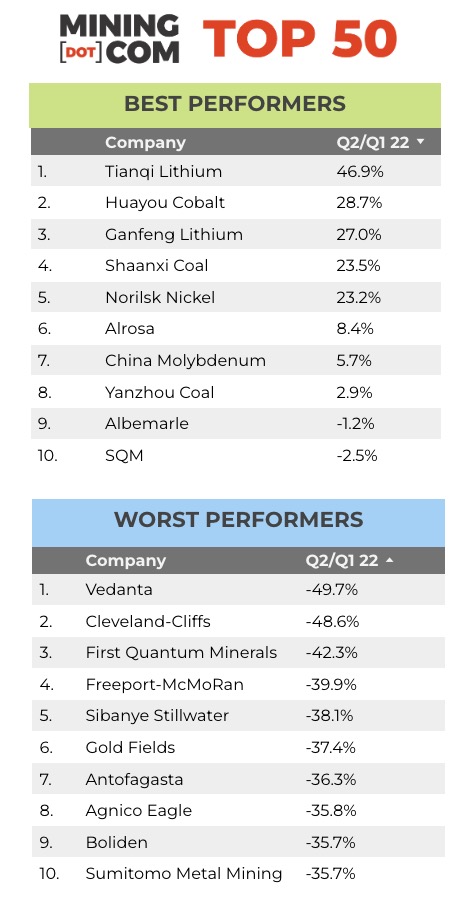Energy
Wednesday, September 25th, 2024 6:07 pm EDT
Key Points
- Declining Oil Prices and OPEC+ Challenges: Global benchmark Brent crude oil prices have fallen below $70 a barrel, marking a 33-month low, which benefits consumers through lower fuel prices but poses significant challenges for OPEC+ countries that rely heavily on oil revenues. Despite OPEC+’s efforts to extend production cuts, low global demand forecasts and increased supply from non-OPEC countries continue to suppress prices.
- Diverging Demand Forecasts: OPEC’s 2024 World Oil Outlook predicts a robust 24% growth in global energy demand by 2050, projecting oil demand to reach 112.3 million barrels per day by 2029. In contrast, the International Energy Agency (IEA) forecasts demand will peak at around 106 million barrels per day by the end of the decade, with S&P Global estimating a peak of 109 million barrels per day in 2034, indicating a growing skepticism about OPEC’s optimistic projections.
- Shift Toward Alternative Energy and Demand Changes: Analysts express concern about weak oil demand, particularly from China, the world’s largest oil importer, as it transitions toward electrification and renewable energy. This shift, alongside increasing supply from non-OPEC+ producers, raises questions about the oil market’s future, suggesting a potential decline in demand growth rather than a shortage of oil supply.
The recent decline in global oil prices, with Brent crude falling below $70 a barrel in early September, signals a challenging period for oil-producing nations like those in OPEC+, as oil revenues are crucial for their economies. OPEC+ extended oil production cuts by two months in an attempt to stabilize prices, but the efforts have been largely ineffective. A combination of weak global demand and rising supply from non-OPEC countries is contributing to the prolonged period of subdued oil prices, raising questions about whether the world has reached “peak oil” demand.
However, OPEC’s 2024 World Oil Outlook report dismisses the notion of peak oil demand, forecasting strong energy demand growth of 24% by 2050 and robust oil demand, reaching 112.3 million barrels per day by 2029. In contrast, the International Energy Agency (IEA) predicts that oil demand will level off around 106 million barrels per day by the end of the decade, marking a less optimistic outlook. The IEA envisions global oil demand rising slightly before peaking, while other analysts, such as those at S&P Global Commodity Insights, project demand peaking at 109 million barrels per day in 2034 and declining thereafter. OPEC, however, forecasts demand to rise to 120 million barrels per day by 2050, driven largely by emerging markets like India, despite falling demand in developed economies.
In the short to medium term, analysts are bearish on oil demand and prices, despite OPEC+’s continued production cuts. The increasing use of alternative energy sources, such as biofuels, and growing electrification, particularly in China, present significant challenges to future oil demand growth. China, the world’s largest oil importer, is on a path to reducing its reliance on oil through policies promoting electric vehicles and expanding renewable and nuclear energy. China’s economic slowdown, coupled with efforts to decrease dependence on oil imports, further dims the prospects for increased oil demand.
Moreover, non-OPEC+ producers like the U.S., Guyana, Brazil, and Canada continue to increase their oil supply, adding further downward pressure on prices. As a result, it is unlikely that oil prices will rise significantly in the near future. In the longer term, the eventual decline of the oil era, if it occurs, will be driven by changing demand patterns rather than a shortage of supply. Many analysts argue that the shift towards alternative energy sources will gradually phase out the reliance on oil, echoing the sentiment expressed by Saudi Sheikh Ahmed Zaki Yamani in 2000, who famously said that the “Oil Age will end, but not for a lack of oil.”
For the full original article on CNBC, please click here: https://www.cnbc.com/2024/09/24/opec-is-bullish-on-long-term-oil-demand-growth-not-everyone-agrees.html




